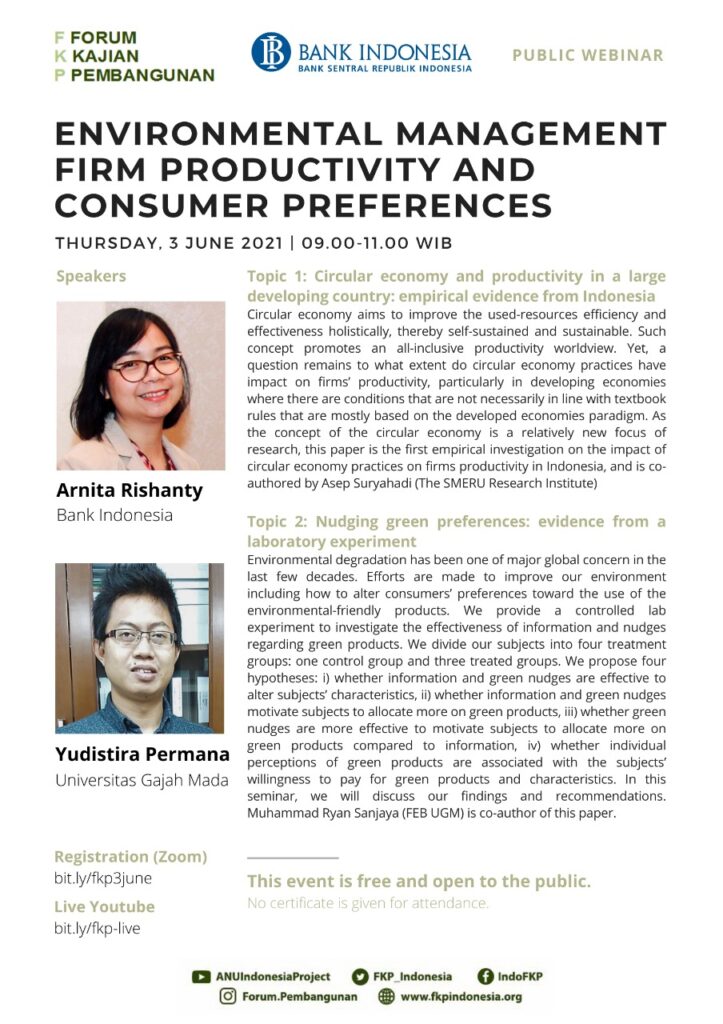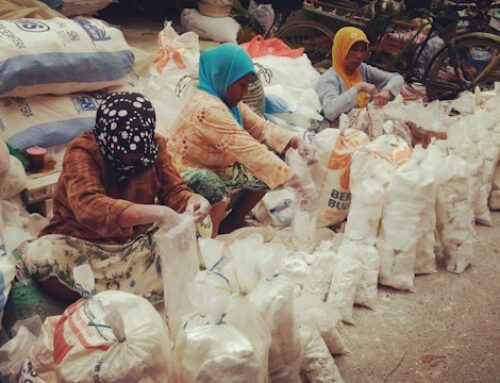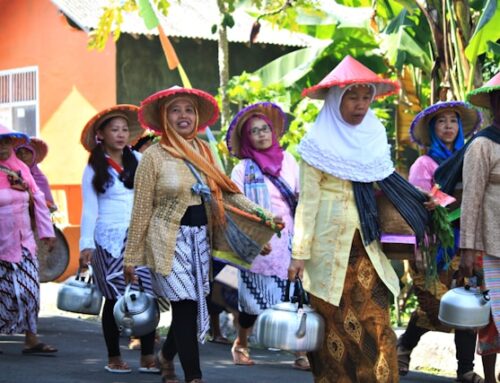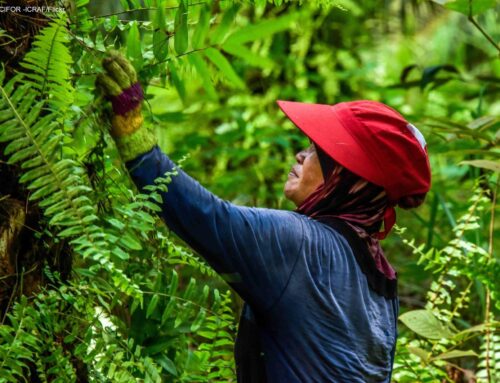Topic 1. Circular economy and productivity in a large developing country: empirical evidence from Indonesia
Speaker: Arnita Rishanty (Bank Indonesia)
Abstract: Circular economy aims to improve the used-resources efficiency and effectiveness holistically, thereby self-sustained and sustainable. Such concept promotes an all-inclusive productivity worldview. Yet, a question remains to what extent does the circular economy practices have impact on firms’ productivity, particularly in developing economies where there are conditions that are not necessarily in line with textbook rules that are mostly based on the
developed economies paradigm. As the concept of the circular economy is a relatively new focus of research, it makes this paper to be the first empirically investigating the impact of circular economy practices on firms productivity in Indonesia. The open paradigm of circular economy that is non-restrictive and adaptable to the social and ecological environment depending on the availability of resources (low-tech to high-tech) and markets (small to large), makes circular economy approach, theoretically, is effective to improve productivity sustainably with limited resources available as in developing economies such as Indonesia. The study also contributes by highlighting the challenge on limited data availability related to measuring the circular economy measurements. We find the evidence in support of circular economy practices positively affecting firms productivity. However, the effects differ across sectors. What also important is that the dynamics of other determinant variables of productivity shows that there is unique treats of firms that implement circular economy practices which makes them different and more resilient compared to other general firms. This paper is co-authored with Asep Suryahadi (The SMERU Research Institute)
Topic 2. Nudging green preferences: evidence from a laboratory experiment
Speaker: Yudistira Permana (Universitas Gadjah Mada)
Abstract: Environmental degradation has been one of major global concern in the last few decades. Efforts are made to improve our environment including how to alter consumers’ preferences toward the use of the environmental-friendly products. We provide a controlled lab experiment to investigate the effectiveness of information and nudges regarding green products. We divide our subjects into four treatment groups: one control group and three treated groups. We propose four hypotheses: i) whether information and green nudges are effective to alter subjects’ characteristics, ii) whether information and green nudges motivate subjects to allocate more on green products, iii) whether green nudges are more effective to motivate subjects to allocate more on green products compared to information, iv) whether individual perceptions of green products are associated with the subjects’ willingness to pay for green products and characteristics. Our findings show that information and green nudges are unable to alter subjects’ general characteristics. But green nudges are effective to motivate subjects to allocate more on the green product and that differs the effectiveness between information and green nudges in our context. Lastly, we find that some green perceptions are associated with subjects’ willingness to pay for green products and characteristics. We conclude with a discussion of how to effectively deliver green nudges given the people characteristics. This study is co-investigated with Muyammad Ryah Sanjaya (FEB UGM)
Thursday, 3 June at 9.00-11.00am WIB
Participate on Zoom (registration required): bit.ly/fkp3june
Follow on YouTube bit.ly/fkp-live
Photo by Jozsef Hocza on Unsplash

Slides and video for past seminars:




